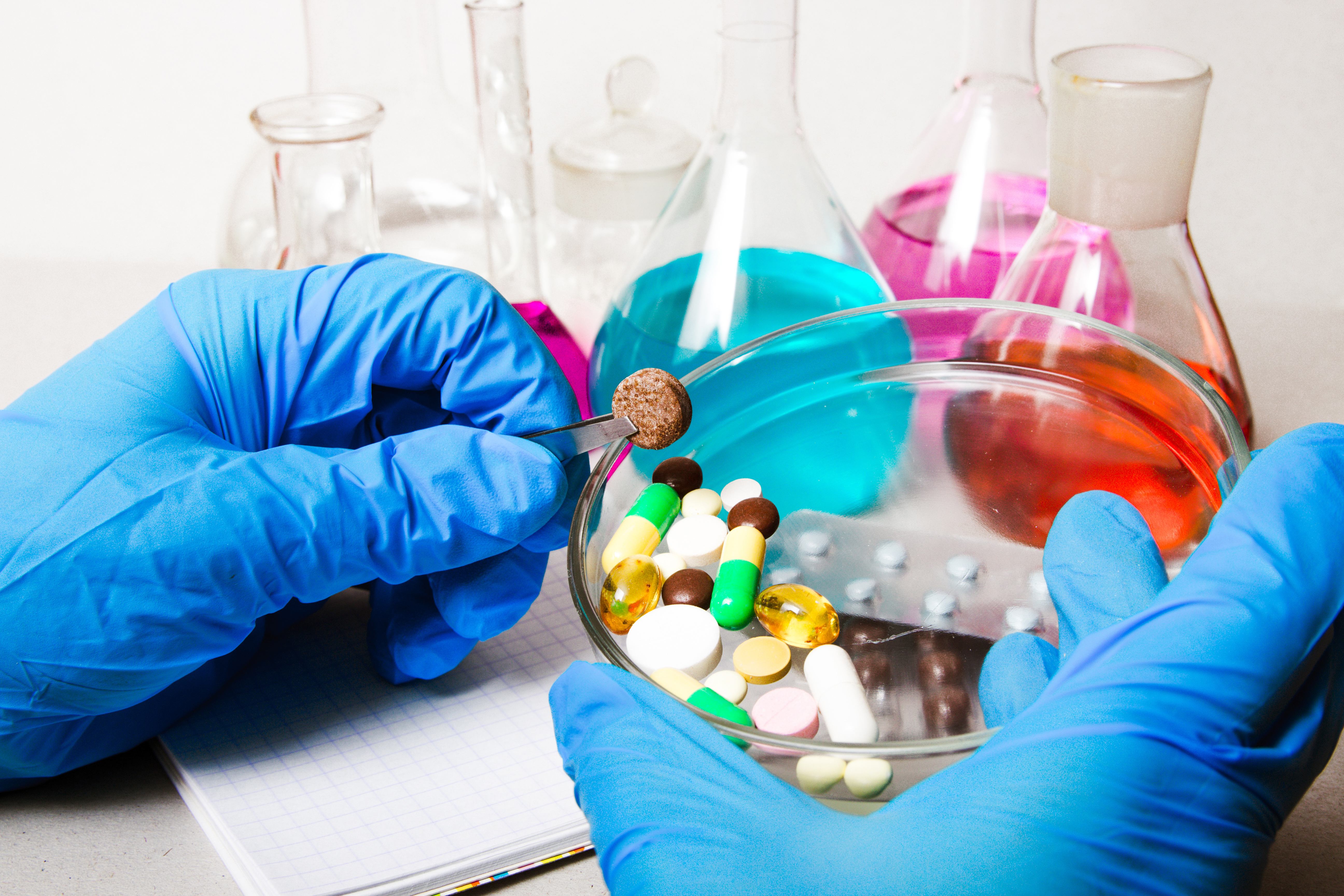Using ‘Molecular Bar Codes’ To Tackle The Problem Of Counterfeit Drugs
24 Nov 2019

How can you be sure that a tablet or pill contains what it says on the packaging? A new study suggests that DNA tagging may help to guarantee the quality of our medicines.
Counterfeit drugs are tainting the global pharmaceutical market. Not only may these fake drugs be ineffective for patients – they have the potential to cause serious harm or even death. Potential risks include the wrong dose, the inclusion of toxic impurities or the replacement of the active ingredient with an inappropriate compound. But the pharmaceutical industry is fighting back. The use of Pharmaceutical Chemical Identifiers (PCIDs) – which include substances such as inks, pigments and flavours – can provide detectable characteristics that can confirm whether a tablet or capsule is safe and fit for purpose.
But an emerging new solution involves incorporating specific sequences of DNA into the drug that can be used as a unique ‘molecular bar code’. Although such DNA tagging technologies are already showing promise in the food industry, they have not yet been adopted as PCIDs in pharmaceuticals – possibly due to the lack of thorough studies into their long-term stability.
Tagging a Common Tablet Ingredient
In a new study, published in The International Journal of Pharmaceutics, a team of researchers set out to evaluate DNA tags for their potential as anti-counterfeiting technology.1 Monitoring the authenticity of a drug by mixing the DNA tag with powdered excipients is likely to be less chemically demanding than trying to mix it with an active ingredient. So the team chose to use lactose, a common excipient in many tablet formulations, as a model to investigate if they could uniformly and reproducibly incorporate a synthetic DNA tag (MD-125-15-50) into a solid dose form. The team manufactured three batches of sixty lactose-containing tablets, replicating some of the high-stress environments routinely experienced during manufacturing. They integrated the DNA tag by spraying it onto the pre-tableting powder mix, aiming to include <1ng of the DNA tag in each tablet.
Specific and Sensitive
The researchers stored the tablets in elevated temperature and humidity conditions for up to six months. As well as performing standard pharmaceutical tests of hardness, friability and mass uniformity, they also carried out DNA authentication using quantitative PCR (qPCR) at zero, three and six months of storage. They found they could consistently detect the DNA tag, although its levels did reduce over longer storage periods. Based on the high sensitivity and specificity demonstrated in these experiments, the researchers suggest that the concentration of DNA per tablet could be reduced by at least ten times and still produce satisfactory results. The team used ultrapure water from an ELGA PURELAB® laboratory water purification system to generate the samples for qPCR analysis – either by swabbing the surface of the tablets or by dissolving crushed tablet samples.
A Powerful Anti-Counterfeiting Strategy
The results of this study demonstrate using DNA tags could provide a powerful technology for mitigating the risks and dangers of counterfeit drugs. They also demonstrate that the tag has high durability, which is an essential requirement for anti-counterfeiting technology. Applying a DNA tag to lactose as it is manufactured would allow it to be easily traced, confirming the authenticity of the product. It could also be included in the associated packaging for layered security throughout the supply chain.
Further studies are now warranted to explore these technologies – for example, to rule out the possibility of DNA interacting with components of the tablet.
Why choose ELGA LabWater?
ELGA LabWater has been a trusted name in pure and ultrapure water since 1937. We believe in giving you choice in how you use our effective, efficient and trustworthy water purification solutions, supported by excellent service and support.
Reference:
- Altamimi M.J. et al. Anti-counterfeiting DNA molecular tagging of pharmaceutical excipients: An evaluation of lactose containing tablets. The International Journal of Pharmaceutics (2019): 571; 118656 https://doi.org/10.1016/j.ijpharm.2019.118656
Dr Alison Halliday
After completing an undergraduate degree in Biochemistry & Genetics at Sheffield University, Alison was awarded a PhD in Human Molecular Genetics at the University of Newcastle. She carried out five years as a Senior Postdoctoral Research Fellow at UCL, investigating the genes involved in childhood obesity syndrome. Moving into science communications, she spent ten years at Cancer Research UK engaging the public about the charity’s work. She now specialises in writing about research across the life sciences, medicine and health.
